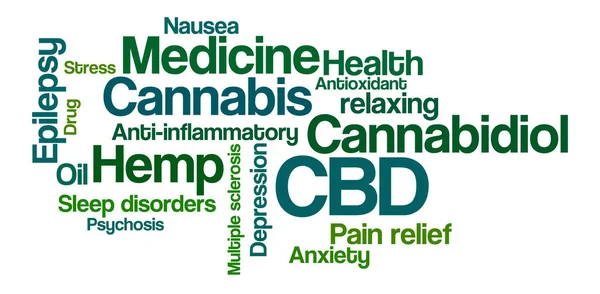Which CBD Capsules and Oils are Best
CBD - that stands for the currently hottest plant substance: cannabidiol from hemp. CBD is supposed to relax and help you fall asleep. Stiftung Warentest investigated this promise and tested 16 CBD oils, CBD capsules, aroma oils, and a vaporizer. The test's conclusion is critical - and for several reasons.
Expensive investment for the well-being
Whether in organic supermarkets, drugstores, TV commercials, or online platforms: CBD products are suddenly everywhere. They are supposed to contribute to well-being, relax, have a gentle effect - exactly what some may be looking for in pandemic times.
They are not cheap: the oil from Canobo with 2.75 percent CBD costs 20 euros for 10 milliliters in the test, the 10 percent from Canitat M around 80 euros. Who spends so much, also hopes for much, proves their representative survey of 1000 people aged 16 to 75 years.
Based on available studies on cannabidiol, we evaluate typical advertising claims for hemp products.
Survey results: The representative survey shows how many people already use CBD and what expectations they associate with it.
Background: We tell where CBD comes from, how it works in the body, and distinguishes it from hemp substances like THC. We also classify the legal situation of CBD products, which is difficult to understand.
Less CBD contained than promised
For 16 oils and capsules and a vaporizer, we analyzed the ingredients in the laboratory and searched for harmful substances. The result: the claimed CBD content cannot always be relied upon; it may be lower or cannot be derived from the ingredients. We also found undesirable mineral oil contents that could be avoided through improved production processes. The best brand we tested overall, Synchronicity, came to us from the USA and was consistent in CBD Levels and THC content.
Four products with questionable THC content
All products in the test also contain THC, the intoxicating substance from hemp. In most cases, it is only traces. However, in the oils from Canobo and Duowell and the capsules from Hempamed and Natcan, we detected more THC than the European Food Safety Authority considers safe - these preparations are not safe, psychogenic effects such as reduced reactivity cannot be ruled out.
CBD products do not intoxicate
Typically, CBD products contain little or no THC. In the EU, only commercial hemp with a THC content of less than 0.2 percent is permitted. However, our test shows: critical amounts of THC cannot be ruled out. They have also been detected in other products with hemp, such as tea and chewing gum (Food with hemp: Sometimes more THC than permitted).
From THC doses, as they are used medicinally (How THC, nabilone, and cannabidiol can help patients), the findings in the test were far away, even more so from those of a joint. Those who expect a "high" from CBD products will be disappointed.
CBD: What is known about the miracle substance?
Cannabidiol acts in a complex way in the body and like a medicine. Among other things, it has been proven that it can intervene in the body's endocannabinoid system and thus slow down the excitement. But it could also have the opposite effect. Many questions are still open, for example, about interactions with medications (Medications in the test). Anyone taking medication should avoid CBD; this also applies to pregnant women and nursing mothers.
Well-founded studies on CBD are scarce.
None of the suppliers in the test provided us with studies on their product and its benefits when asked. We found no evidence and studies for products with cannabidiol that were methodologically convincing. Well-founded evidence exists only for a few approved medications.

